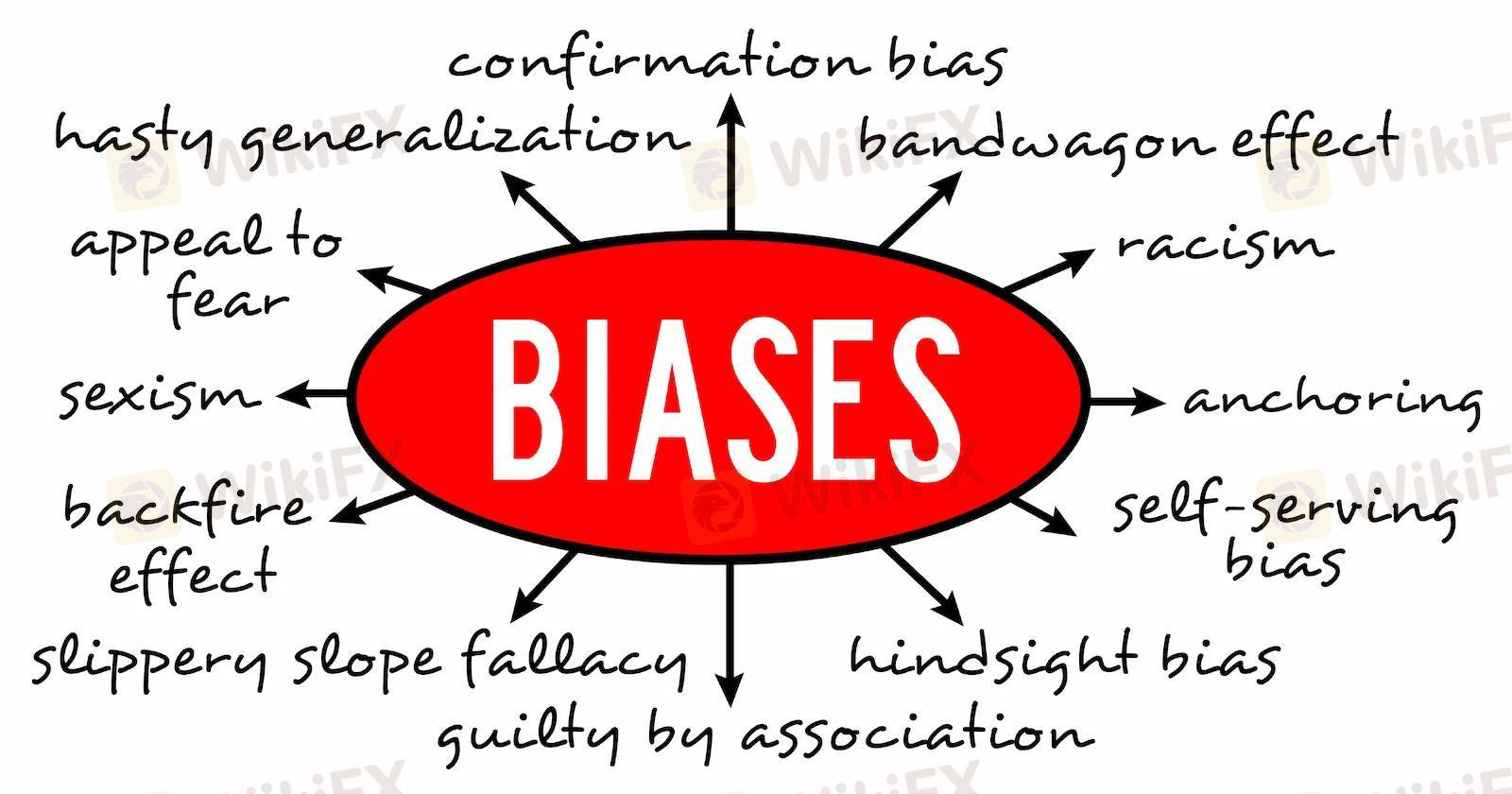2024-09-23 14:16
IndustryPsychological Biases in Trading
Cognitive dissonance, as explained by Leon Festinger, occurs when actions and beliefs clash, causing discomfort. In trading, this happens when traders ignore evidence that contradicts their strategies, driven by emotion or fear of being wrong. Confirmation bias (Peter Wason) reinforces this by filtering out conflicting information, and the Dunning-Kruger effect leads inexperienced traders to overestimate their abilities.
To succeed, traders must confront these biases, avoid overconfidence, and recognize their limitations. Success in trading requires self-awareness, resilience, and a disciplined approach to risk management. Embracing failure, criticism, and rigorous backtesting can help transform trading into a professional pursuit.
Ultimately, success isn’t guaranteed, but with hard work and persistence, it’s achievable.
Like 0
Xeelimus
Participants
Hot content
Industry
Event-A comment a day,Keep rewards worthy up to$27
Industry
Nigeria Event Giveaway-Win₦5000 Mobilephone Credit
Industry
Nigeria Event Giveaway-Win ₦2500 MobilePhoneCredit
Industry
South Africa Event-Come&Win 240ZAR Phone Credit
Industry
Nigeria Event-Discuss Forex&Win2500NGN PhoneCredit
Industry
[Nigeria Event]Discuss&win 2500 Naira Phone Credit
Forum category

Platform

Exhibition

Agent

Recruitment

EA

Industry

Market

Index
Psychological Biases in Trading
 | 2024-09-23 14:16
| 2024-09-23 14:16Cognitive dissonance, as explained by Leon Festinger, occurs when actions and beliefs clash, causing discomfort. In trading, this happens when traders ignore evidence that contradicts their strategies, driven by emotion or fear of being wrong. Confirmation bias (Peter Wason) reinforces this by filtering out conflicting information, and the Dunning-Kruger effect leads inexperienced traders to overestimate their abilities.
To succeed, traders must confront these biases, avoid overconfidence, and recognize their limitations. Success in trading requires self-awareness, resilience, and a disciplined approach to risk management. Embracing failure, criticism, and rigorous backtesting can help transform trading into a professional pursuit.
Ultimately, success isn’t guaranteed, but with hard work and persistence, it’s achievable.
Like 0
I want to comment, too
Submit
0Comments

There is no comment yet. Make the first one.

Submit
There is no comment yet. Make the first one.